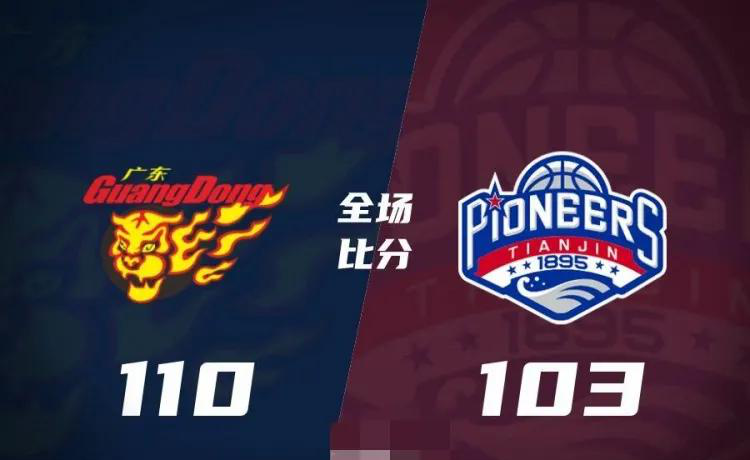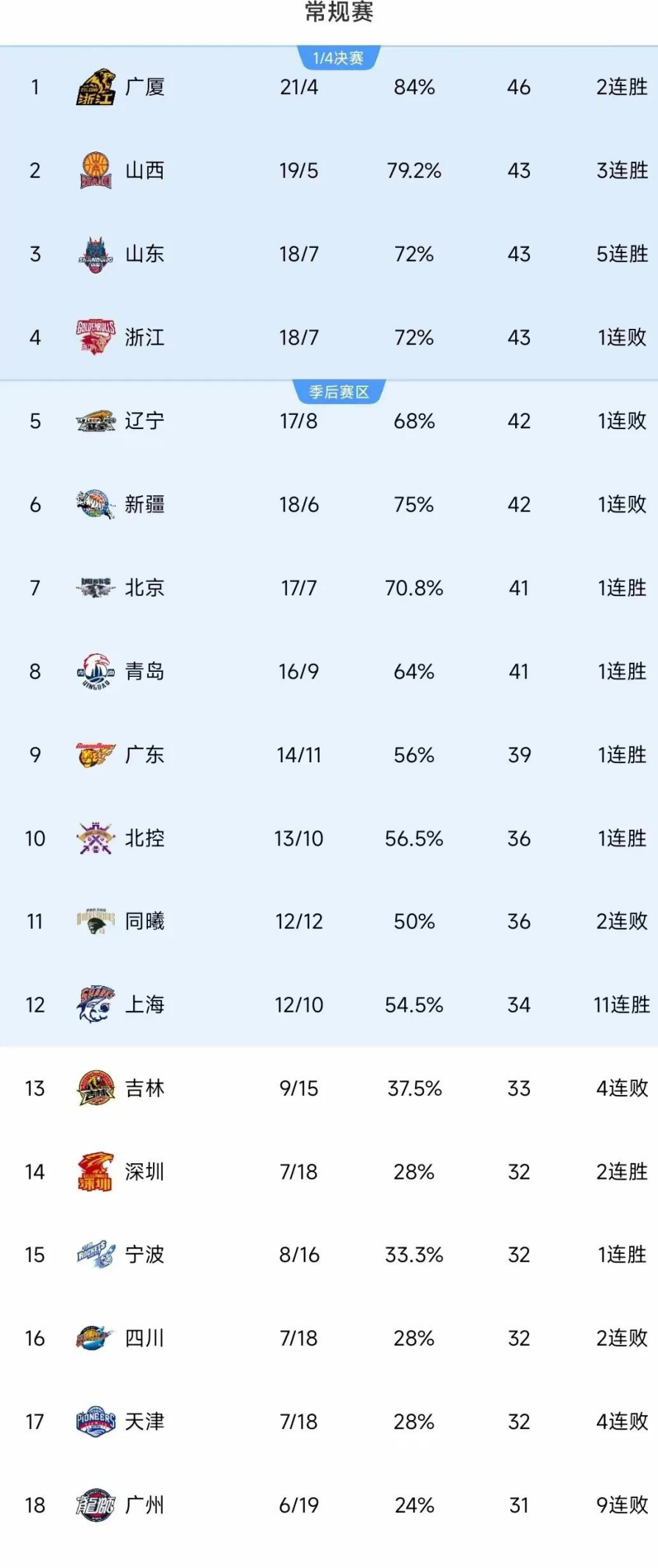Translation of the article content into English:
The CBA regular season is really exciting. Guangdong's narrow victory over Tianjin had me on the edge of my seat, and Beijing's win over Liaoning was unexpected. These games have made me want to comment.
Guangdong's current situation is really worrying. Jilunwater is playing well, but he is the only one who can score consistently. The other foreign players are not very good. Morland can only grab rebounds and play defense, while Bazley's defense is okay, but his offense relies heavily on luck.

Xu Jie has been working too hard in these two away games. He has to be responsible for organizing the offense and playing defense. If this continues, there will definitely be problems. Guangdong really needs to find a reliable small foreign player to share the pressure.
Although they won against Tianjin, it was a tough victory. If it weren't for Jilunwater stepping up at the critical moment, the outcome of the game would have been uncertain.

Guangdong's combination of four foreign players seems off. There are too few scoring points, and now they rely solely on Jilunwater. The others aren't much help.
Liaoning's loss to Beijing was mainly due to their poor performance at the point guard position. Fogg and Wells don't know how to organize the offense, and they play without any structure.

Wang Lanqin's recent form has improved, but his organizational skills are still lacking. They are waiting for Zhao Jiwei to return; otherwise, this lineup is difficult to play with.
It's a good idea to rotate Han Dejun and Li Xiaoxu, but without a good point guard, even the best frontcourt players can't perform.

Zhang Zhenlin needs to focus on recovering from his injury. Don't rush back onto the court. It's better to wait until he's fully recovered before playing again. Rushing back now could affect his future performance.
Beijing played really well in this game, especially Zhang Cairen's three-pointers, which were accurate and effectively sealed the game.

Chen Yingjun also performed outstandingly in the first quarter, setting the pace for the team's offense and making it difficult for Liaoning's defense.
Beijing's strategy of multiple players contributing worked well in this game. They didn't rely too much on any single player, and everyone was able to score.

Defensively, Beijing also did well, especially in restricting Liaoning's perimeter shooting, making them uncomfortable when shooting.
Sun Minghui played exceptionally well in this game, leading Zhejiang to open up a twenty-point lead, leaving Guangzhou with little chance.

Zhejiang's overall coordination was excellent, with smooth offensive play and solid defense.
Guangzhou could only keep up in the first quarter of this game. After that, they were completely overwhelmed and couldn't find their rhythm.
This game clearly demonstrated the gap in strength between the two sides. Zhejiang's overall strength is indeed much stronger.
The quality of foreign players in the league is generally not high. Many teams' foreign players are single-skilled, either just scoring or just defending.
In this situation, the pressure on domestic players increases, especially core players like Xu Jie, who basically have to play every game.
The depth of rotation for each team is not enough. The main issue is the lack of truly capable players on the bench. When it comes to critical moments, they can only rely on the starters to push through.
The观赏性 of the games has indeed decreased recently, mainly because many foreign players focus more on defense and have average offensive performances.